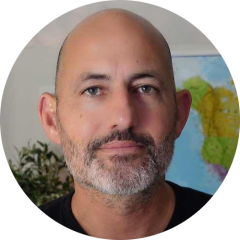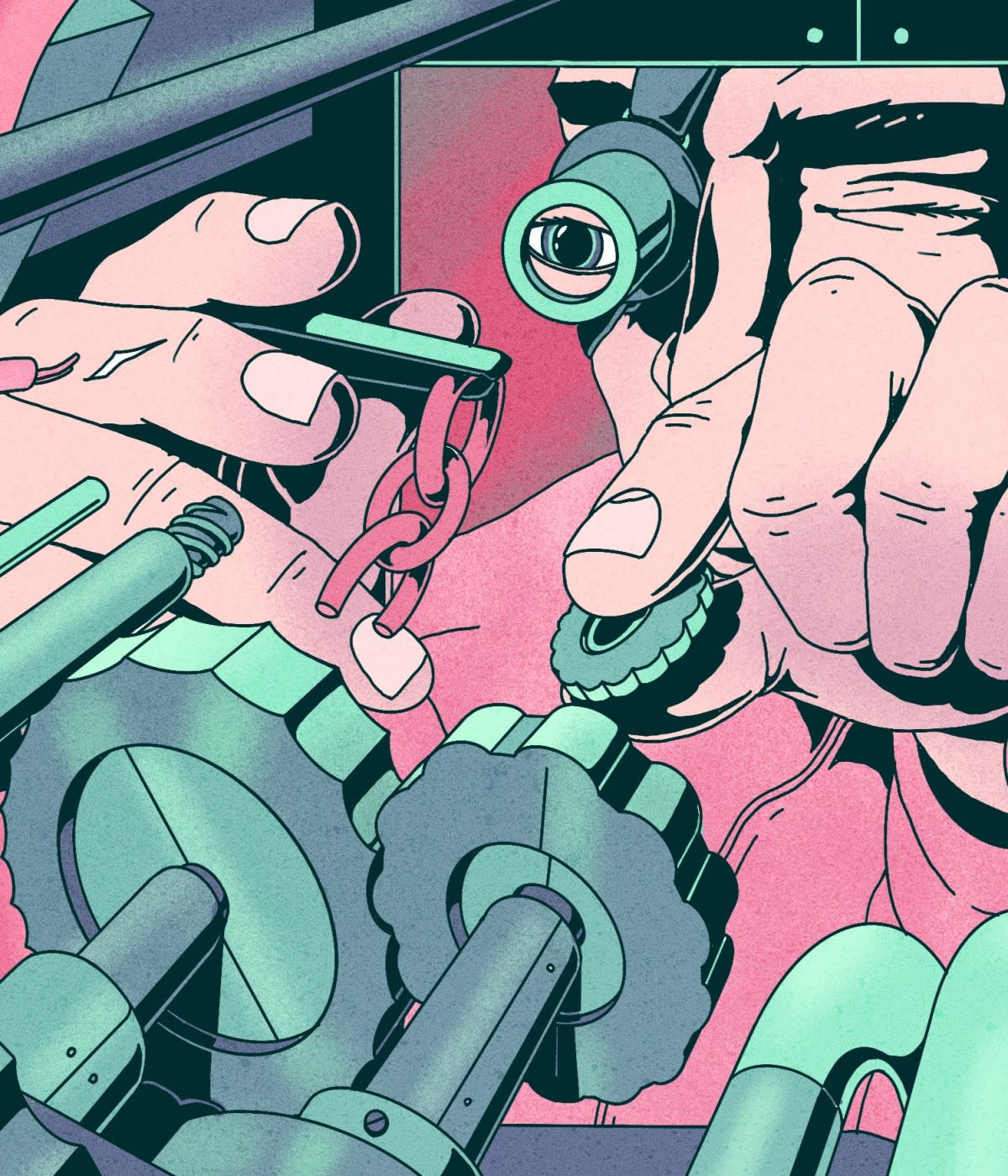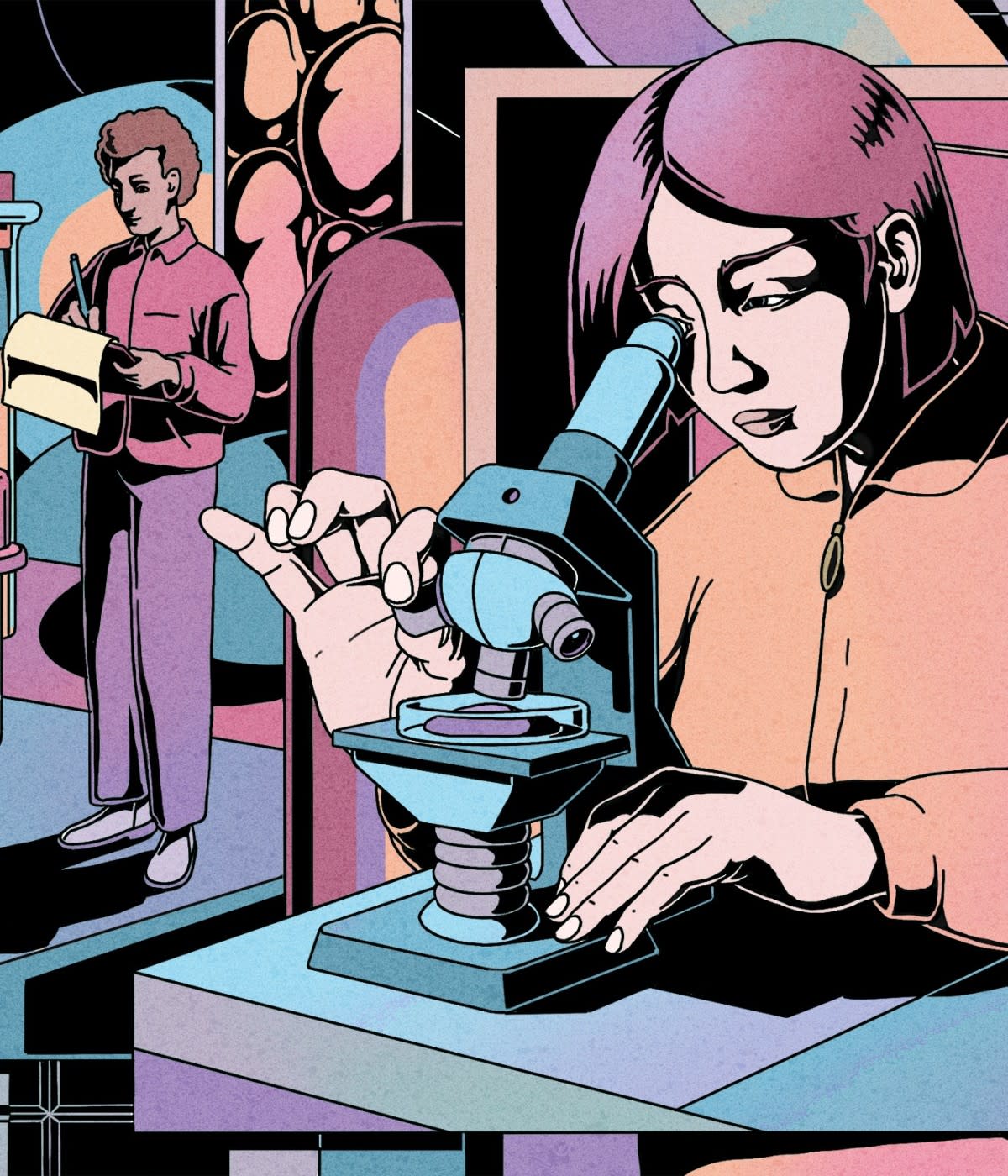Machine Learning Operations (MLOps) is a methodology that embraces automation to incrementally improve business outcomes for machine learning problems. Now more than ever, organizations are focused on creating processes that maximize developer efficiency and bolster product innovation. Using GitHub to teach machine learning operations (MLOps) provides four major benefits: reproducibility (via GitHub Codespaces), access to machine learning technology, AI coding assistance, and CI/CD capabilities. This video Guide shows how to utilize the features provided by GitHub and walks viewers through building GitHub Templates, creating a CI/CD workflow with GitHub Actions, and configuring GitHub Codespaces environments with .devcontainer. Along the way, you’ll learn how automation and AI pair programming can help streamline these processes.
In this Guide, you will learn:
To setup and use GitHub Actions
To setup and use Github Codespaces with templates for MLOps with GPU capability
To setup and use GitHub Copilot for AI pair programming





